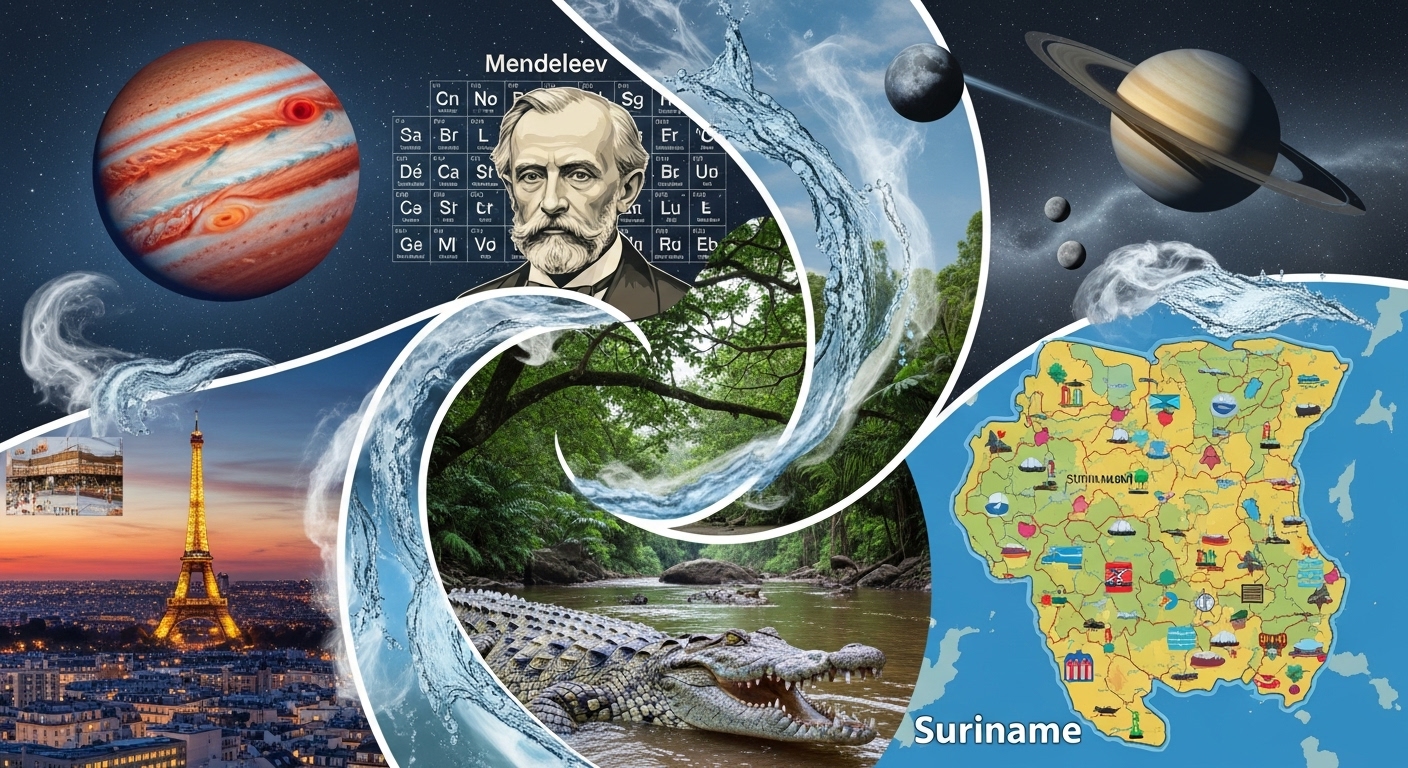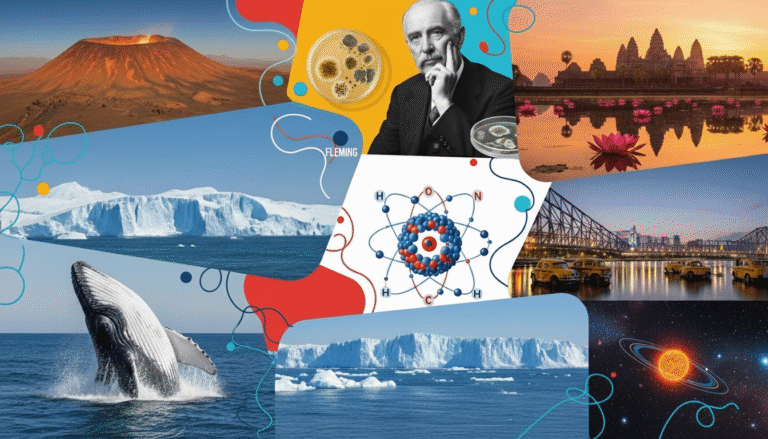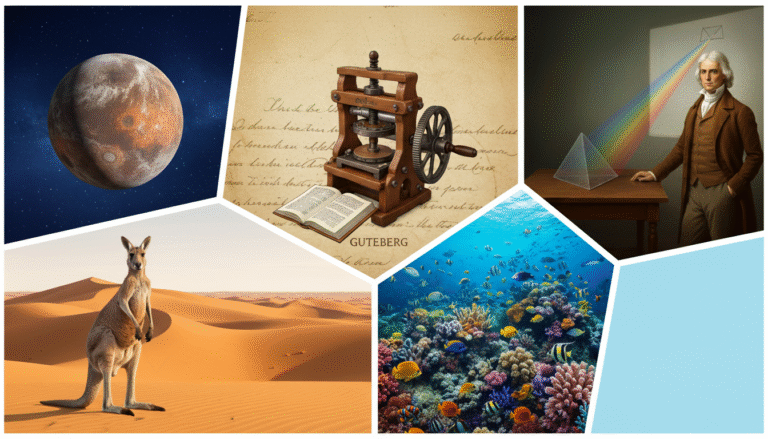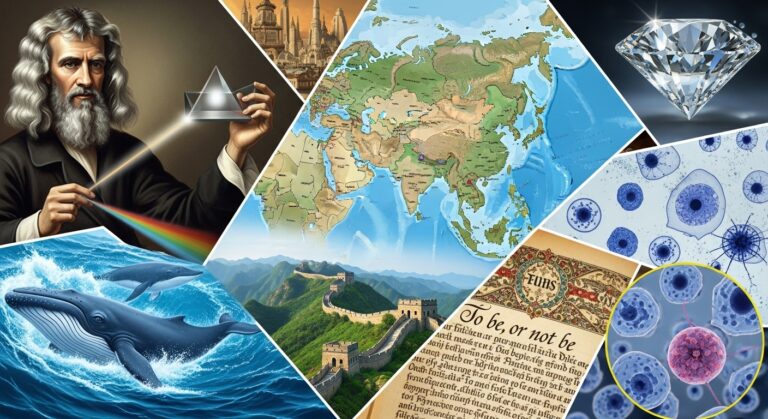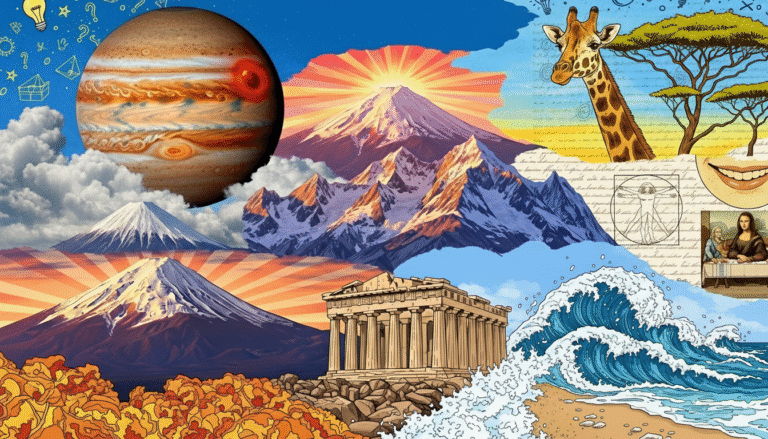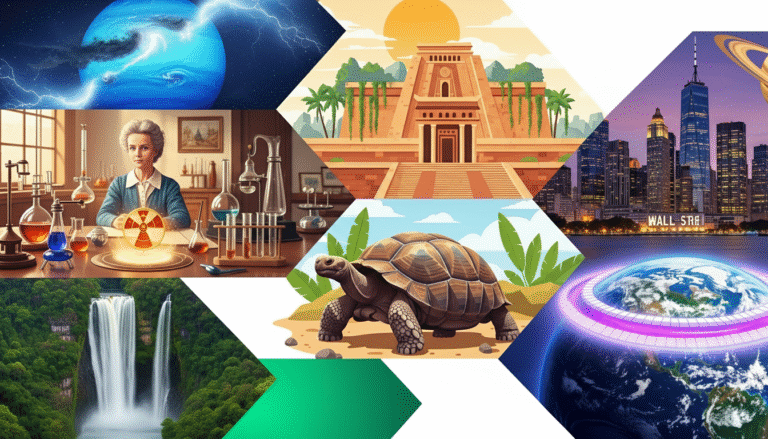Daily General Knowledge Quiz for Curious Minds
Learning doesn’t happen in one big moment. It happens gradually, day by day. That’s why taking a daily general knowledge quiz is one of the most effective ways to sharpen your mind, broaden your awareness, and stay intellectually active. Each day, you expose your brain to facts about science, geography, culture, history, ecosystems, and even the cosmos.

This article explores the deeper meaning behind the questions in today’s daily general knowledge quiz. You’ll learn not just the correct answers, but also the fascinating facts that make them worth remembering.
Jupiter: The Planet With the Fastest Spin
Jupiter completes one full rotation in just under 10 hours. This is astonishing when you consider that Jupiter is more than 11 times the diameter of Earth. Its rapid rotation is responsible for:
- Extreme atmospheric bands
- Massive storms like the Great Red Spot
- Strong magnetic fields
These swirling patterns in Jupiter’s atmosphere give it one of the most visually striking appearances in the solar system.
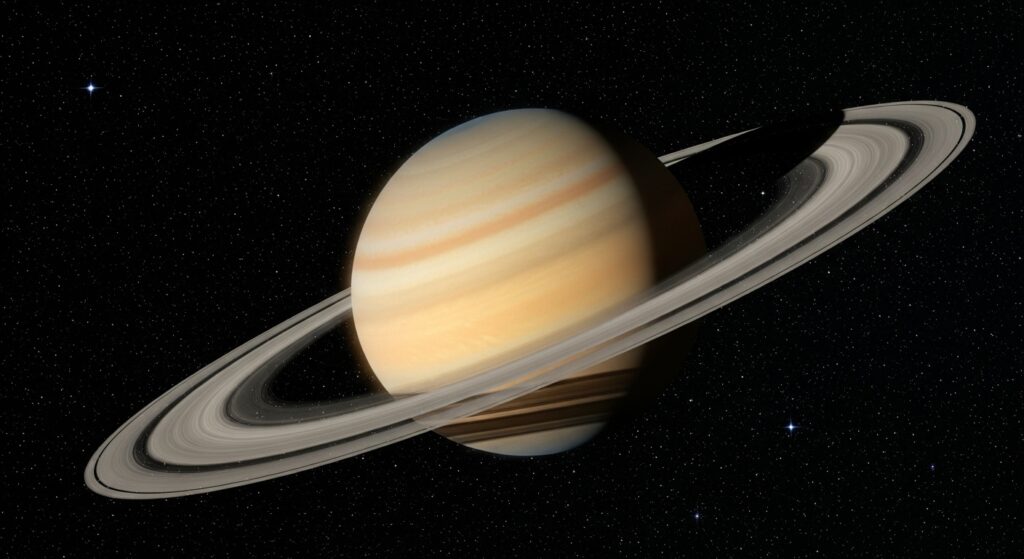
Dmitri Mendeleev: Father of the Periodic Table
Dmitri Mendeleev organized chemical elements into a table based on atomic mass and properties. He even predicted the existence and characteristics of elements not yet discovered. His periodic table became the foundation of modern chemistry.
He left intentional gaps in his table—gaps for elements that would only be discovered years later. His accuracy was so remarkable that his predictions proved nearly perfect.

Peru: Home of the Inca Civilization
The Inca Empire was one of the most advanced ancient civilizations in the world. Located in present-day Peru, the Incas built impressive structures like Machu Picchu with perfect stonework that fits together without mortar.
They excelled in:
- Agriculture on terraced mountains
- Engineering
- Astronomy
- Road networks longer than the Roman Empire
The Incas controlled vast territory across western South America using sophisticated governance systems.
Crocodiles: The Largest Reptiles on Earth
Saltwater crocodiles can grow over 6 meters long and weigh more than 1,000 kilograms, making them the largest living reptiles. Their bite force is among the strongest ever measured.
Unique traits:
- Can survive months without food
- Excellent night vision
- Powerful swimmers despite mass
- Ancient species dating back millions of years
Crocodiles are living fossils, having barely changed since the age of dinosaurs.
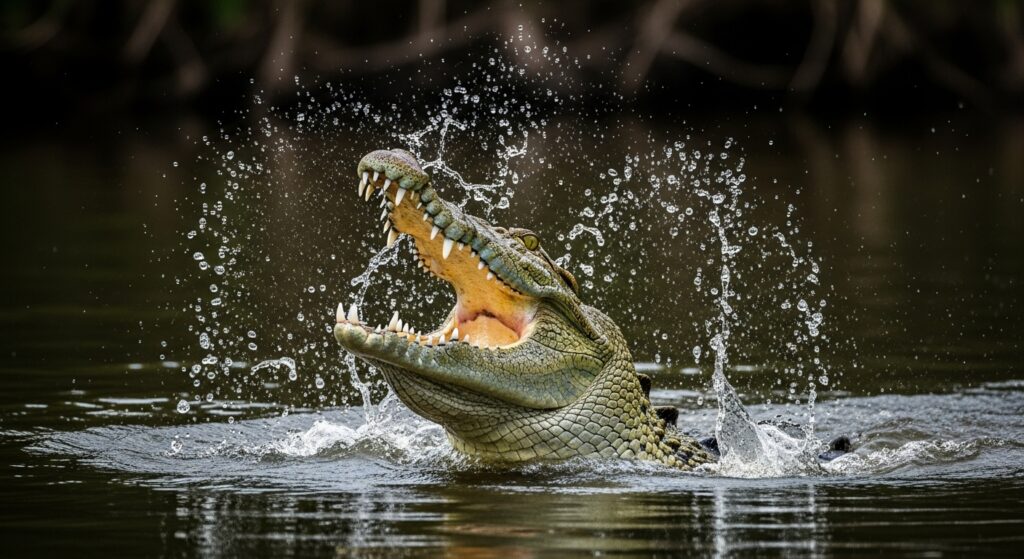
Oxygen: The Most Abundant Element in Earth’s Crust
Many guess silicon or iron, but oxygen makes up about 46% of Earth’s crust by weight. Most of this oxygen is bound in minerals such as quartz and silicates.
Reasons oxygen dominates:
- Combines easily with many elements
- Forms oxides and silicates
- Essential for rocks and minerals
It is also vital for life, fueling organisms through respiration.
Paris: The City of Light
Paris earned its nickname because it was one of the first cities in the world to adopt widespread street lighting. It also became a global center of art, philosophy, enlightenment, and culture.
Paris is renowned for:
- Eiffel Tower
- Louvre Museum
- Historic cafes
- Fashion houses
- Architectural beauty
Its influence on culture continues widely today.
Saturn: The Planet With the Most Moons
Saturn officially surpassed Jupiter with more than 140 known moons. Some are tiny, while others are massive enough to have atmospheres and subsurface oceans.
Notable Saturn moons:
- Titan (with methane lakes)
- Enceladus (with water geysers)
- Rhea, Dione, Mimas, Iapetus
Saturn’s moon system is a treasure chest of scientific discovery.
The Amazon Rainforest: Earth’s Green Heart
The Amazon covers over 5.5 million square kilometers and contains more biodiversity than any other place on Earth. It produces around 20% of the world’s oxygen and regulates the global climate.
The Amazon contains:
- 40,000+ plant species
- 1,300+ bird species
- Millions of insects
- Countless undiscovered species
It is often called “the lungs of the Earth.”

Suriname: The Smallest Country in South America
Suriname, located on the northeastern coast of South America, covers about 163,000 km². It is known for:
- Tropical rainforests
- Dutch colonial history
- Cultural diversity
- Rich wildlife
Despite its size, Suriname has significant natural beauty and ecological importance.
Water Vapor: The Most Influential Greenhouse Gas
Water vapor is responsible for most of Earth’s natural greenhouse effect. While carbon dioxide gets much attention, water vapor traps more heat overall.
Key facts:
- Water vapor increases as temperature rises
- Drives the climate feedback loop
- Creates clouds and weather patterns
It is essential for maintaining temperatures suitable for life.
Your Daily General Knowledge Quiz Is Complete
A daily general knowledge quiz is one of the best habits you can develop. It trains your mind, strengthens memory, and keeps learning alive. Whether you’re exploring planets, ancient civilizations, animal biology, or global geography, every question makes you smarter.
Learning daily builds momentum. The more you challenge yourself, the sharper your mind becomes.

